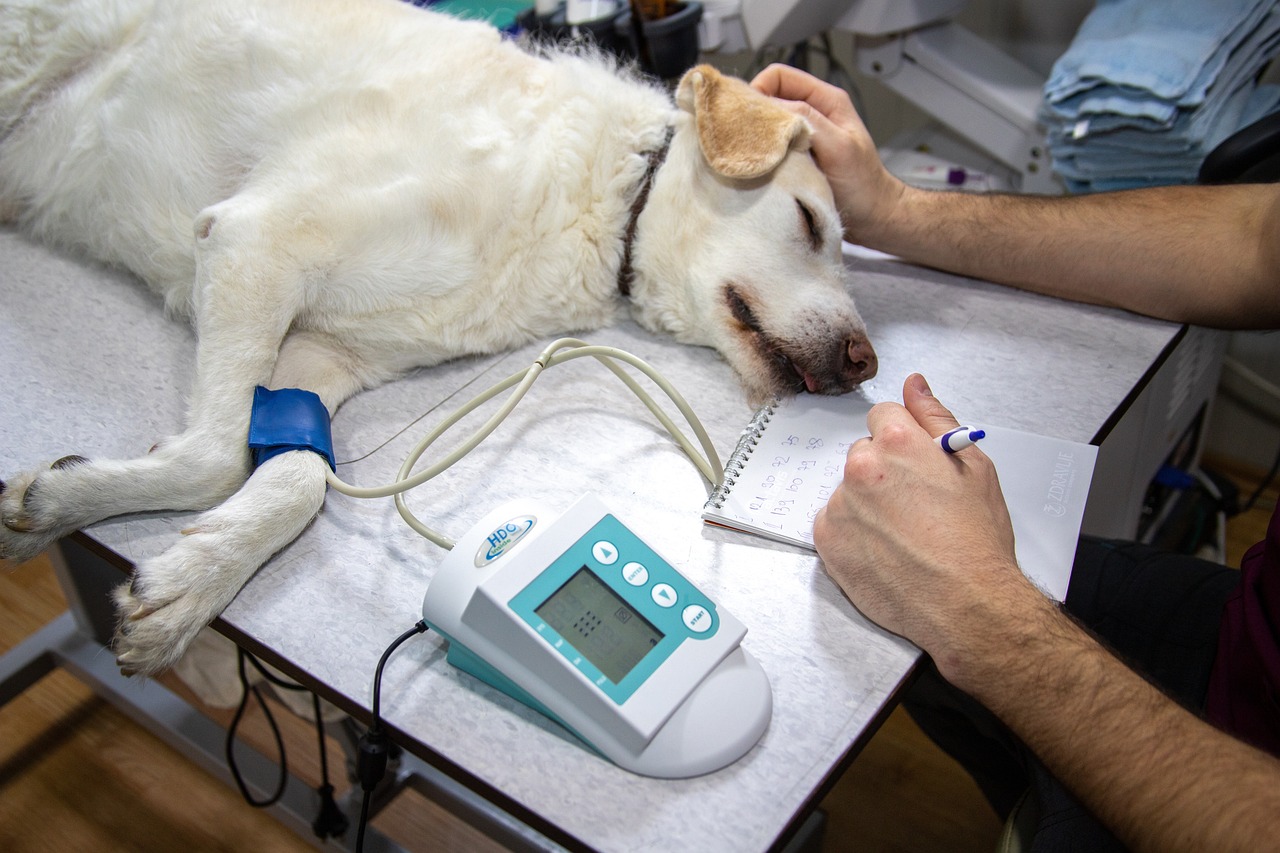When it comes to safeguarding the well-being of our furry friends, pet insurance has emerged as an invaluable resource. Often overlooked, pet insurance serves as a financial safety net, ensuring that you’re prepared for any health emergencies your pet may encounter. From unexpected accidents to chronic illnesses, the costs of veterinary care can quickly add up, leaving you with a hefty bill. But with the right pet insurance plan, you can focus more on your pet’s recovery rather than worrying about the financial burden. Comprehensive pet insurance can cover everything from vaccinations and preventive care to emergency surgeries, allowing your pet to receive the best medical treatment without compromising your budget. In this ultimate guide, we’ll delve into the various options for pet insurance, the range of coverage, and tips for choosing a plan that best suits your pet’s needs—because a healthy pet is a happy pet.
Why Pet Insurance Matters:
Just like humans, pets can fall ill or experience accidents that require expensive veterinary care. Pet insurance helps alleviate the financial burden associated with unexpected medical expenses. It allows you to focus on providing the best treatment for your pet without having to worry about the cost.
How Does Insurance Work?
Pet insurance operates similarly to other insurance policies. You pay a monthly or annual premium, and in return, the insurance company covers a portion of your pet’s eligible medical expenses. When your pet needs medical attention, you pay the vet upfront and then submit a claim to your insurance provider. They will reimburse you according to the terms of your policy.
Types of Insurance Policies:
- Accident-Only Coverage: This policy covers medical expenses resulting from accidents, such as broken bones or injuries from car accidents.
- Time-Limited Coverage: This policy covers specific conditions for a set period, usually 12 months. Once the time limit is reached, the condition will no longer be covered.
- Maximum Benefit Coverage: This policy provides a maximum monetary limit for each condition or injury. Once the limit is reached, no further coverage is available.
- Lifetime Coverage: The most comprehensive policy, it covers ongoing conditions throughout your pet’s lifetime, as long as you renew the policy each year.
What Does Insurance Cover?
- Pet insurance policies typically cover the following:
- Veterinary fees for accidents and illnesses.
- Diagnostic tests, including blood work, X-rays, and ultrasounds.
- Surgeries, including emergency procedures.
- Medications prescribed by your veterinarian.
- Some policies may cover alternative therapies, such as acupuncture or physiotherapy.
What Does Insurance Not Cover?
While pet insurance offers extensive coverage, there are certain exclusions to be aware of:
- Pre-existing conditions: Any illness or injury your pet had before obtaining the insurance will not be covered.
- Routine and preventive care: Routine vaccinations, annual check-ups, and dental cleanings are typically not covered.
- Breeding-related conditions: Costs associated with breeding, pregnancy, or giving birth are usually excluded.
- Behavioral issues: Treatment for behavioral problems, training, or obedience classes are generally not covered.
How to Choose the Right Policy:
Finding the right pet insurance policy can be overwhelming. Consider the following factors to make an informed decision:
- Coverage: Look for a policy that provides comprehensive coverage for accidents, illnesses, and chronic conditions.
- Deductibles and premiums: Evaluate the deductible amount, which is the sum you must pay before the insurance kicks in, as well as the monthly or annual premium.
- Waiting periods: Determine how long you must wait before your policy becomes active and covers your pet’s medical expenses.
- Exclusions and limitations: Read the policy’s fine print to understand what is not covered and any specific limitations.
- Customer reviews: Research the reputation of the insurance provider and read customer reviews to gauge their reliability and customer service.
FAQs:
Q1: Is pet insurance worth it?
A1: Pet insurance can be a lifesaver when unexpected medical expenses arise. It provides peace of mind and ensures that your pet receives the necessary care without compromising your finances.
Q2: Can I use any veterinarian with pet insurance?
A2: Most pet insurance policies allow you to choose any licensed veterinarian. However, it’s essential to confirm this with your insurance provider and check if they have a network of preferred providers.
Q3: Can I get pet insurance for an older pet?
A3: Yes, many pet insurance companies offer coverage for older pets. However, premiums may be higher, and certain pre-existing conditions may not be covered.
Q4: Can I cancel my pet insurance policy?
A4: Pet insurance policies generally have a cooling-off period during which you can cancel the policy for a full refund. After that, cancellation terms may vary, so it’s important to review the policy’s cancellation policy.
Conclusion:
Pet insurance is a valuable investment for any pet owner. It ensures that your beloved companion receives the best possible care without the stress of financial constraints. By understanding the various types of policies, coverage options, and how to choose the right one, you can make an informed decision that safeguards both your pet’s health and your peace of mind. Remember, a healthy and happy pet is a cherished family member!



